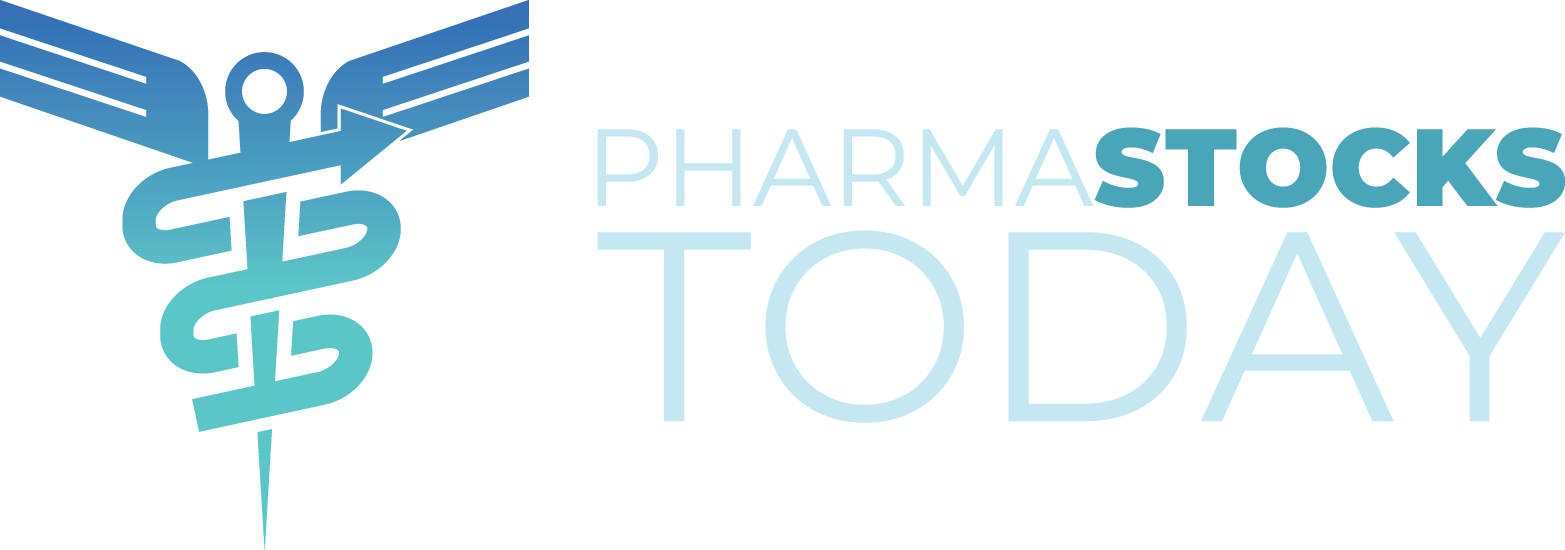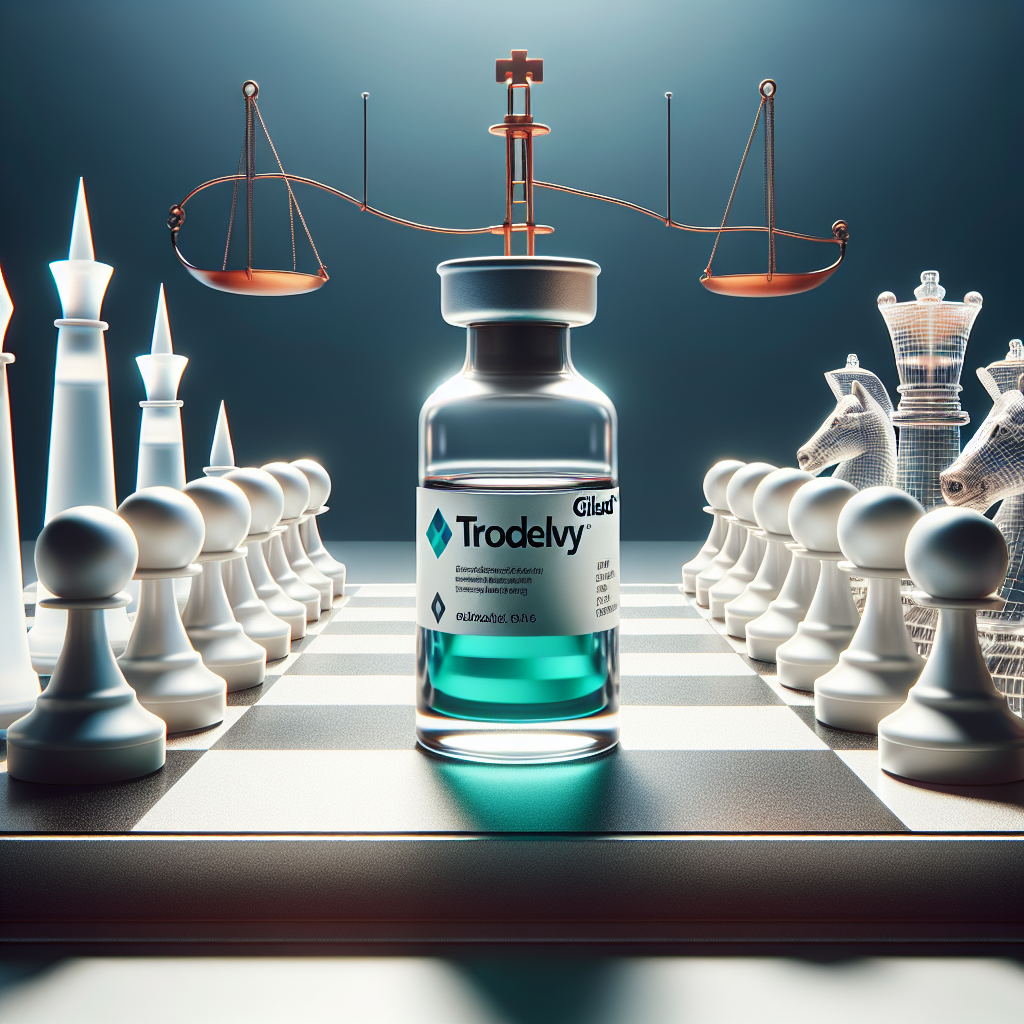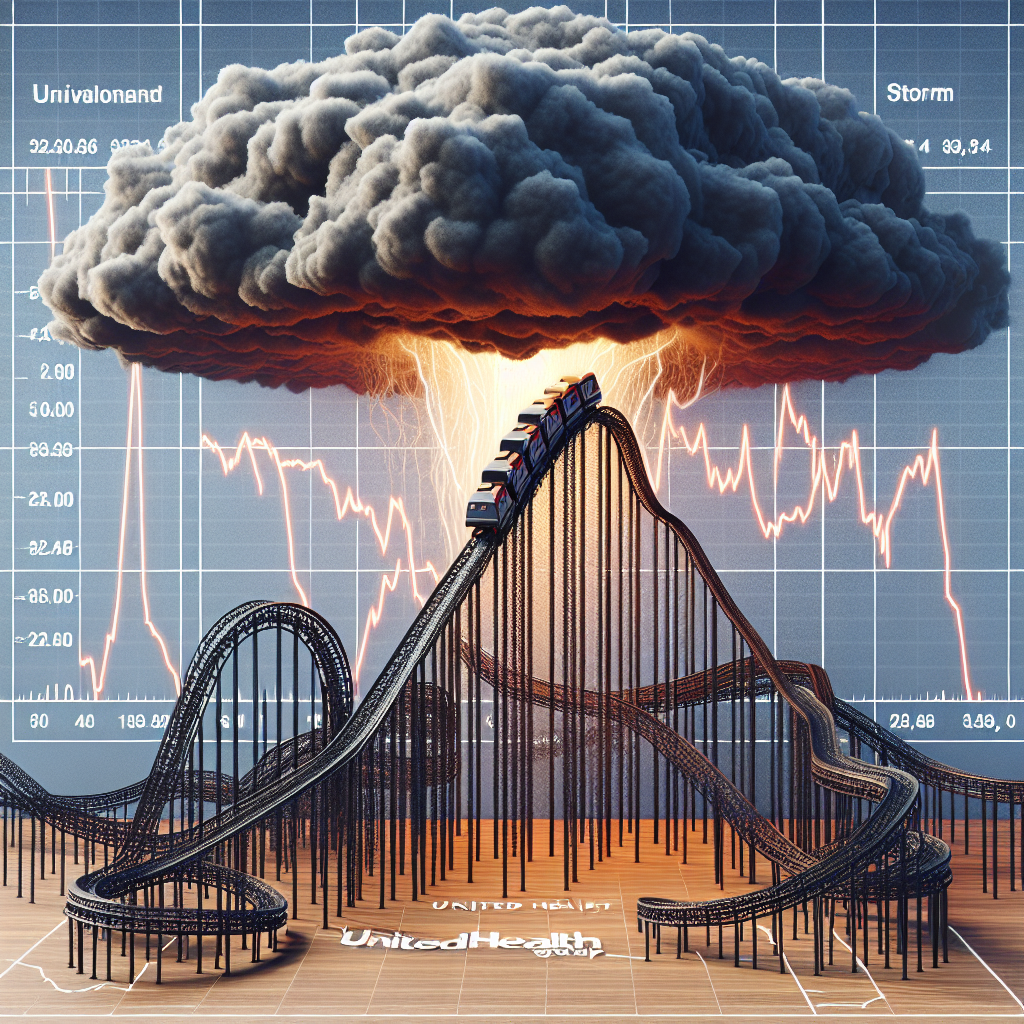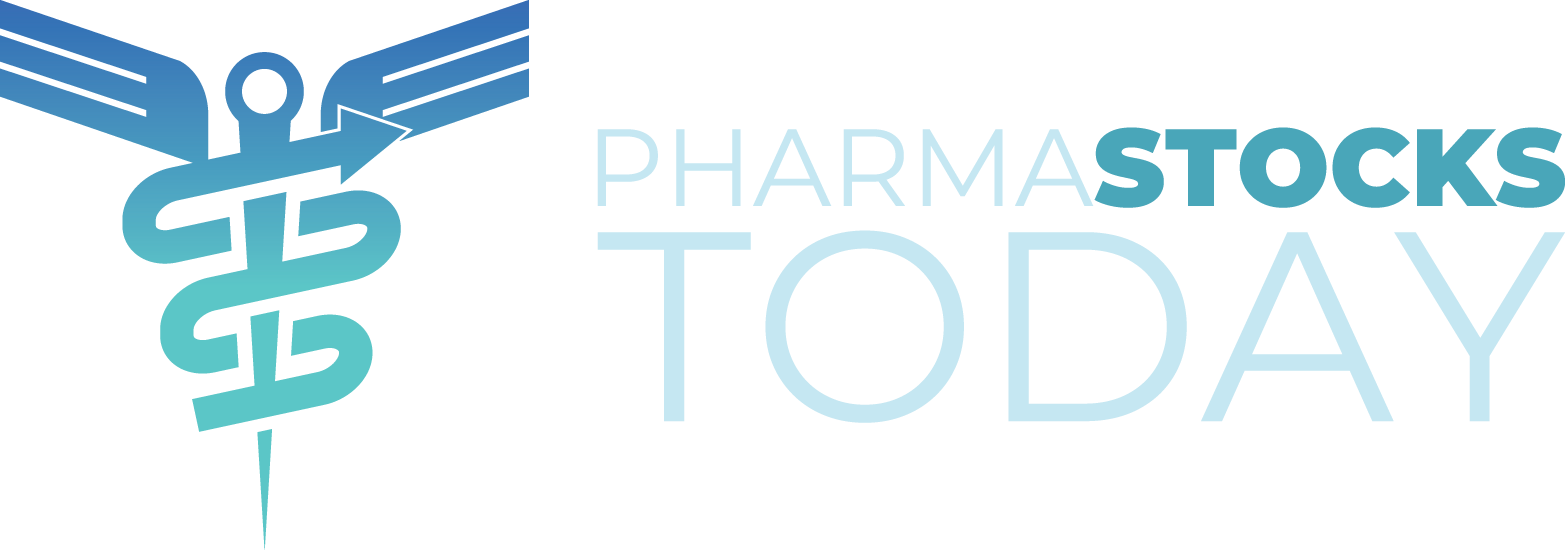Amid ongoing efforts by the U.S. government to regulate soaring drug prices, pharmaceutical firms have adjusted the cost of numerous brand-name medications this year. An examination by 46brooklyn Research highlighted that January saw a surge in the price of 910 branded pharmaceuticals. Notably, the median uptick of 4.7% represented the lowest rate of drug price inflation observed in over a decade.
January has traditionally been a critical time for adjustments in drug pricing, with a significant portion of annual increases occurring at the start of the year. This trend places additional financial pressure on consumers, who are already grappling with elevated living costs due to rising rent and grocery prices over the last three years. The challenge for many is incorporating these increased drug expenses into their annual household budgets.
However, this year, pharmaceutical entities appear to be exercising restraint in their pricing strategies, potentially as a response to newly instituted federal regulations. The Inflation Reduction Act introduces a mechanism whereby drug manufacturers are obliged to issue rebates to Medicare if their price hikes exceed inflation rates. Additionally, this legislation grants Medicare the authority to negotiate the prices for a select group of medications.
Another legislative measure, the 2021 American Rescue Plan Act, is set to have a more immediate effect on drug pricing. It mandates that drug companies pay Medicaid rebates that could surpass the profits derived from drug sales in certain instances.
These regulatory measures are poised to alleviate some of the financial burdens faced by older Americans dependent on Medicare for their prescriptions. U.S. Secretary of Health and Human Services, Xavier Becerra, underscored the significance of these negotiations last week, branding them as “historic” in the context of drug pricing reform. He highlighted the excessive costs of prescription drugs in the U.S., which force many Americans to make substantial sacrifices to afford their medications.
Recent findings from a KFF survey in July 2023 reflect the widespread sentiment that prescription drug prices are exorbitantly high, with approximately 80% of adults echoing this view. The survey also revealed that nearly 30% of adults experience difficulties in affording their medication.
While the relatively modest median price increases this year might alleviate affordability concerns for some, the actual cost to consumers will vary significantly based on their insurance coverage, availability of drug coupons, and the opaque rebates system that often obscures the true cost of medications.
The measures introduced by the U.S. government represent a pivotal step towards mitigating the financial strain imposed by prescription drug costs. As pharmaceutical companies adjust to the new regulatory landscape, the impact of these laws on drug pricing and their effectiveness in protecting consumers from undue financial hardship will continue to be closely monitored.
SPONSORED AD
Jack just unlocked his “profit-sharing” portfolio
Jack Carter just did the unthinkable. He revealed his entire “Profit Sharing” portfolio to traders globally!
With skyrocketing costs, even hard workers are struggling. Jack’s revealing his picks to help you get ahead.
Free Access to Jack’s Portfolio!
Join the free broadcast now and learn Jack’s 3 golden rules for picking dividend stocks. Don’t miss out!
















